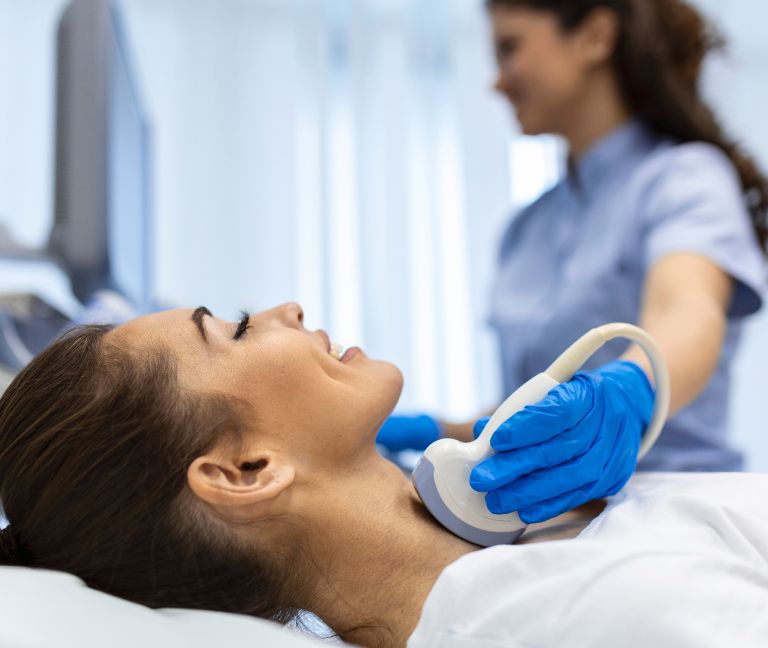The Impact Of Physical Activity Levels On PCOS Development & Progression
Polycystic ovary syndrome or PCOS has become increasingly common, estimated to affect up to 22.5 percent of reproductive-aged women in India. Although a common endocrinal condition, PCOS displays complex features with a variety of effects including reproductive, metabolic, and mental health complications. While symptoms such as acne, excess hair growth, hair loss, irregular menstrual periods, and weight gain can cause considerable discomfort, PCOS also increases the risk of more serious complications. The condition is associated with insulin resistance and women with PCOS have two to eight times a higher risk of developing type 2 diabetes.
PCOS is frequently linked to a sedentary lifestyle and obesity, so it is no surprise that exercise or increased physical activity is regarded as therapeutic for the management of PCOS and prevention of complications.
How Physical Activity Affects PCOS Development & Progression
Exercise is widely recognised as an important facet of treatment for the management and prevention of a wide range of chronic diseases. In women with PCOS, increased levels of physical activity along with diet therapy are regarded as the first line of therapy, which can help improve general health, hormonal balance, and quality of life.
- Increasing levels of physical activity directly affects PCOS progression as it improves insulin sensitivity, allowing your body to use sugar more efficiently. This in turn lowers the risk of diabetes and other complications.
- Exercise helps to control cholesterol levels, especially if accompanied by a healthy diet. This is particularly important as PCOS development often involves elevation of cholesterol and triglyceride levels.
- The relationship between exercise and PCOS is notable with regard to PCOS complications such as infertility. Studies indicate that exercise therapy can be even more effective than calorie restriction, with the practice helping restore normal menstrual cycle in roughly 60 percent of patients and healthy ovulation in 50 percent, improving the chances of normal conception.
- Fat reduction from physical activity can significantly improve PCOS management as excess fat is known to have an effect on hormone levels, including estrogen production. While weight loss is not the primary goal of exercise for PCOS, any physical activity promotes weight loss and protects against complications such as diabetes or heart disease.
- Aerobic exercise or cardio helps to strengthen the heart muscle, significantly lowering the risk of conditions such as atherosclerosis or hypertension, as well as cardiovascular disease. This is important for women with PCOS as they face a higher risk of cardiovascular disease.
- PCOS also increases the risk of depression, which can be effectively countered with exercise, as physical activity triggers the release of endorphins or feel-good hormones that increase feelings of wellness.
- Sleep quality is important for mental health and effective management of PCOS, but women with PCOS often have impaired sleep quality with problems such as sleep apnea and insomnia. Increased physical activity or exercise can alleviate this problem to some extent.
Exercise For PCOS: Recommendations & Advice
In general, experts recommend at least 150 minutes of physical activity or exercise in a week to improve PCOS control. Any physical activity will provide health benefits, but it is advisable to choose a variety of exercises for different benefits. Some considerations when planning to deal with PCOS and exercise therapy include:
- Get Some Cardio – Any activity that raises your heart rate is regarded as cardio or aerobic exercise. Some of the simplest forms of exercise are actually cardio, including walking, jogging, cycling, or dancing.
- Lift Weights – Strength training doesn’t mean that you will develop bulky muscle, but it will build muscle and this in turn improves weight loss as well as insulin sensitivity.
- Be Mindful – Practicing mind-body exercises such as yoga and Pilates will not just help with physical fitness and weight management, but will also aid with stress management.
The impact of physical activity and exercise on PCOS progression is undeniable, but exercise alone will not suffice as a treatment for PCOS. It’s important that you consult your doctor and also follow any recommendations with regard to the use of medications and diet therapy to effectively manage PCOS.
References:
- https://www.ncbi.nlm.nih.gov/pmc/articles/PMC6902362/
- https://www.frontiersin.org/articles/10.3389/fphys.2020.00606/full
- http://www.diabetes.org/food-and-fitness/fitness/get-started-safely/blood-glucose-control-and-exercise.html
- https://www.intechopen.com/chapters/68692
- https://journals.sagepub.com/doi/10.1177/1179558119874042
- https://www.nature.com/articles/ncpendmet0682
- https://ajp.psychiatryonline.org/doi/10.1176/appi.ajp.2018.17111194
- https://www.dovepress.com/sleep-disturbances-in-women-with-polycystic-ovary-syndrome-prevalence--peer-reviewed-fulltext-article-NSS





